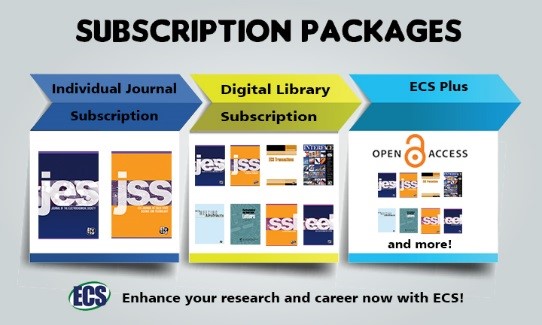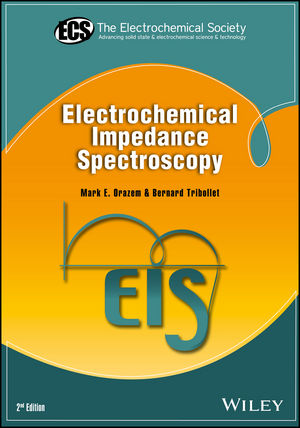 Electrochemical Impedance Spectroscopy (2nd Edition), by Mark E. Orazem and Bernard Tribollet, provides the fundamentals needed to apply impedance spectroscopy to a broad range of applications with emphasis on obtaining physically meaningful insights from measurements. The second edition provides expanded treatment of the influence of mass transport, time-constant dispersion, kinetics, and constant-phase elements.
Electrochemical Impedance Spectroscopy (2nd Edition), by Mark E. Orazem and Bernard Tribollet, provides the fundamentals needed to apply impedance spectroscopy to a broad range of applications with emphasis on obtaining physically meaningful insights from measurements. The second edition provides expanded treatment of the influence of mass transport, time-constant dispersion, kinetics, and constant-phase elements.
The new edition improves on the clarity of some of the chapters, more than doubling the number of examples. It has more in-depth treatment of background material needed to understand impedance spectroscopy, including electrochemistry, complex variables, and differential equations. This title includes expanded treatment of the influence of mass transport and kinetics, and reflects recent advances in the understanding of frequency dispersion and interpretation of constant-phase elements.
This monograph is sponsored by ECS, and published by John Wiley & Sons, Inc.
About the Authors
Mark E. Orazem is a Professor of Chemical Engineering at the University of Florida. He organized the 6th International Symposium on Electrochemical Impedence Spectroscopy and teaches a short course on impedance spectroscopy for The Electrochemical Society.
Bernard Tribollet is the Director of Research at the Centre National de la Recherche Scientifique and Associate Director of the Laboratoire Interfaces et Systémes Electrochemique at Pierre and Marie Curie University. Dr. Tribollet instructs an annual short course on impedance spectroscopy.
Visit the ECS Online Store to purchase your copy today!


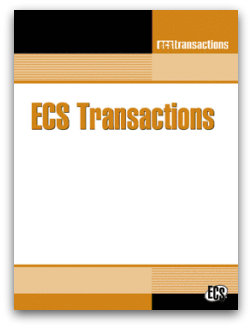 Ten new issues of ECS Transactions (ECST) have just been published for the upcoming 231st ECS Meeting. The papers in these issues of ECST will be presented in New Orleans, Louisiana, May 28 – June 1, 2017.
Ten new issues of ECS Transactions (ECST) have just been published for the upcoming 231st ECS Meeting. The papers in these issues of ECST will be presented in New Orleans, Louisiana, May 28 – June 1, 2017.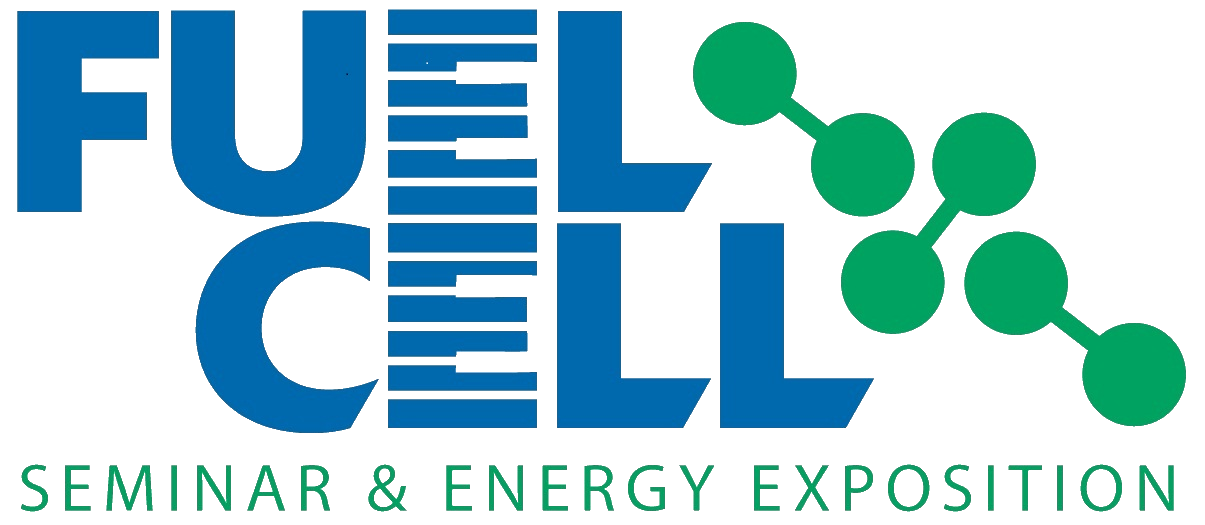 There are only 10 days left to submit your abstract to the
There are only 10 days left to submit your abstract to the 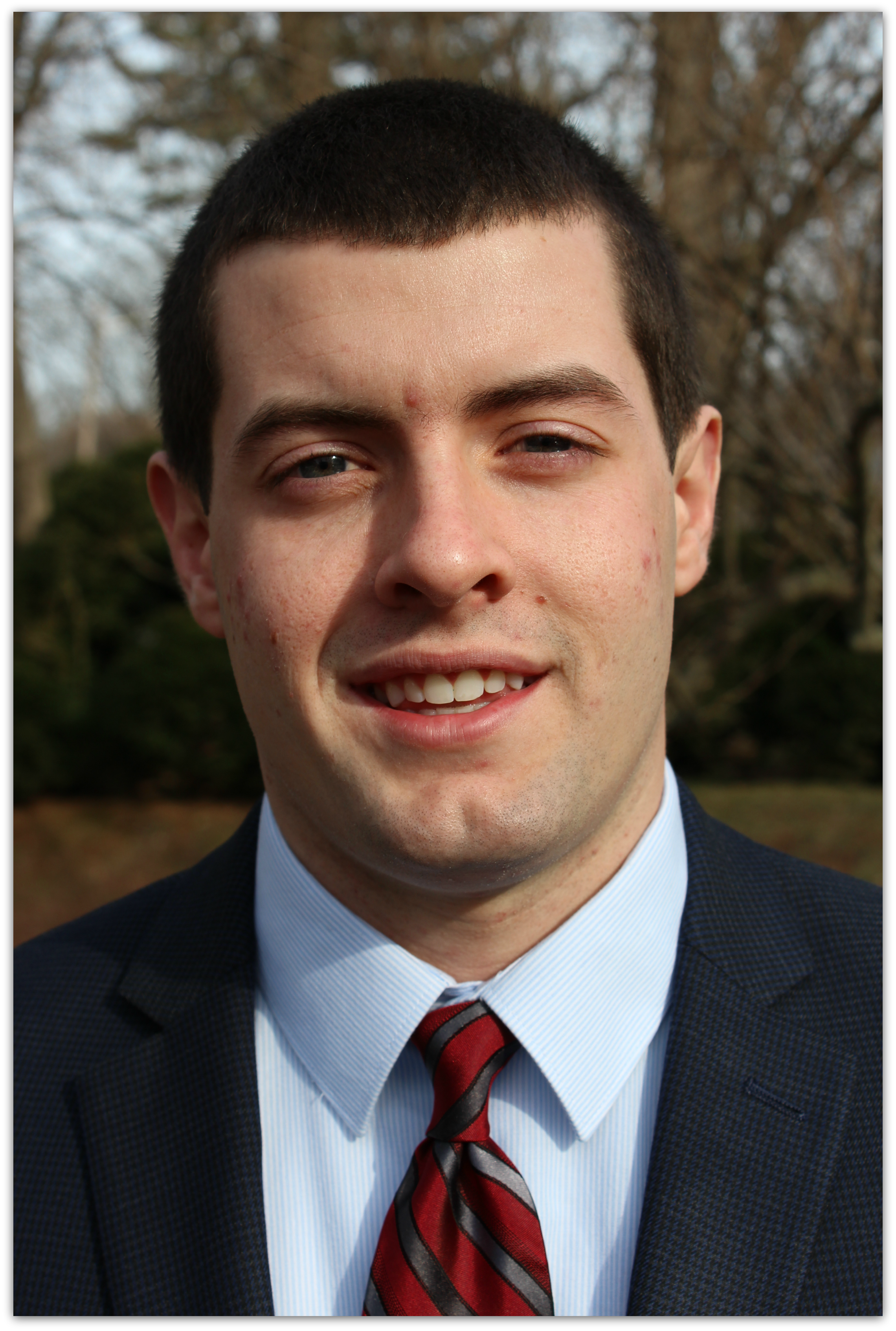 My name is Eric Pacansky and I am a graduating senior from the College of New Jersey (TCNJ). While at TCNJ, I have been studying business administration and have learned many concepts regarding how to run a business. To compliment my studies, I have had the good fortune of participating in two internships. I am grateful for the many opportunities and challenges these internships have presented, especially those I received as a membership services intern at ECS.
My name is Eric Pacansky and I am a graduating senior from the College of New Jersey (TCNJ). While at TCNJ, I have been studying business administration and have learned many concepts regarding how to run a business. To compliment my studies, I have had the good fortune of participating in two internships. I am grateful for the many opportunities and challenges these internships have presented, especially those I received as a membership services intern at ECS.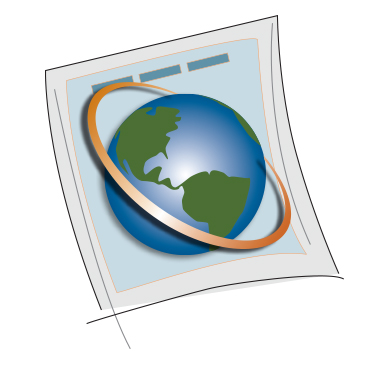 Wolfram|Alpha
Wolfram|Alpha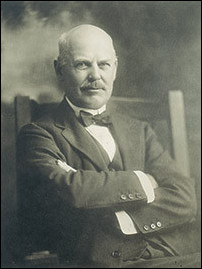 The discovery of an electric arc can be tied to the use of an electrochemical energy source. Sir Humphry Davy described in 1800 an electric discharge using electrochemical cells1 that produced what we would call a spark, rather than an arc. However, in 1808, using an electrochemical battery containing 2000 plates of copper and zinc, he demonstrated an electric arc 8cm long. Davy is also credited with naming the phenomenon an arc (Fig. 1). An electric arc was also discovered independently in 1802 by Russian physicist Vasily Petrov, who also proposed various possible applications including arc welding. There was a long gap between the discovery of the electric arc and putting it to use.
The discovery of an electric arc can be tied to the use of an electrochemical energy source. Sir Humphry Davy described in 1800 an electric discharge using electrochemical cells1 that produced what we would call a spark, rather than an arc. However, in 1808, using an electrochemical battery containing 2000 plates of copper and zinc, he demonstrated an electric arc 8cm long. Davy is also credited with naming the phenomenon an arc (Fig. 1). An electric arc was also discovered independently in 1802 by Russian physicist Vasily Petrov, who also proposed various possible applications including arc welding. There was a long gap between the discovery of the electric arc and putting it to use.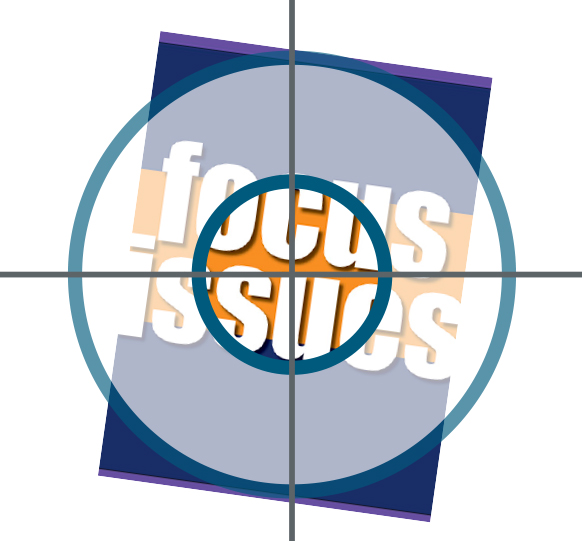 The
The 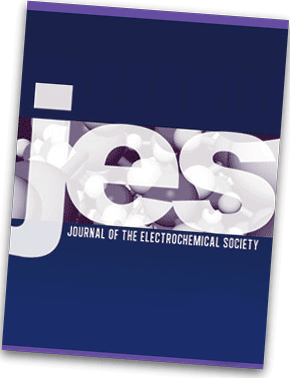 ECS is providing an opportunity for new authors to ask questions and get educated about ECS’s publications.
ECS is providing an opportunity for new authors to ask questions and get educated about ECS’s publications.